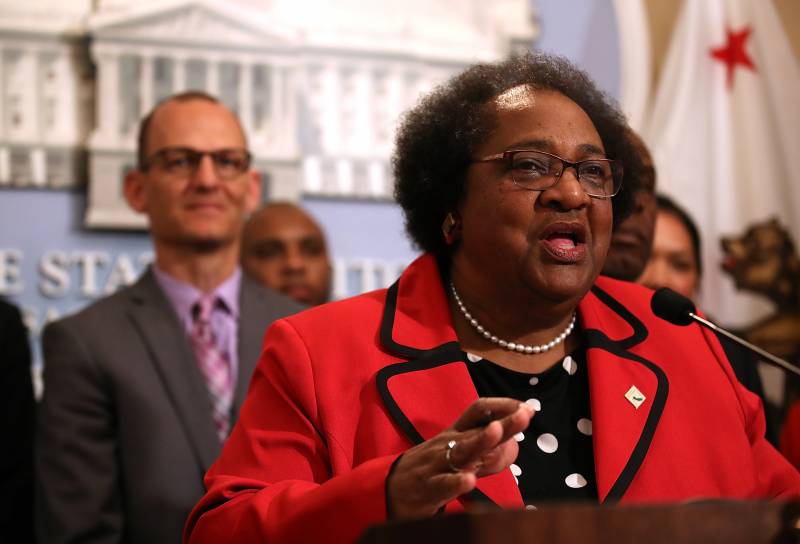The killing of George Floyd by Minneapolis police this past spring sparked protests across the country, including throughout the Bay Area. Amidst the marches and emotion of an ongoing national reckoning over systemic racial injustice in the United States, California lawmakers saw an opportunity to harness public opinion in hopes of overturning the state’s ban on affirmative action in public education, hiring and contracting.
Assemblywoman Shirley Weber, D-San Diego, who chairs the Legislative Black Caucus, jumped at the chance. This past legislative session she introduced Proposition 16, a constitutional amendment to overturn Proposition 209, the 1996 ballot measure that banned affirmative action in the state.
“California’s regressive ban on equal opportunity programs, such as affirmative action, denies women and people of color a level playing field in the workplace and in education,” she said.
Affirmative action programs are designed to promote opportunities for certain under-represented groups which may have faced discrimination in the past. The ban passed by California voters prohibited the state from considering race, sex and ethnicity in public college admissions, hiring and contracting.

